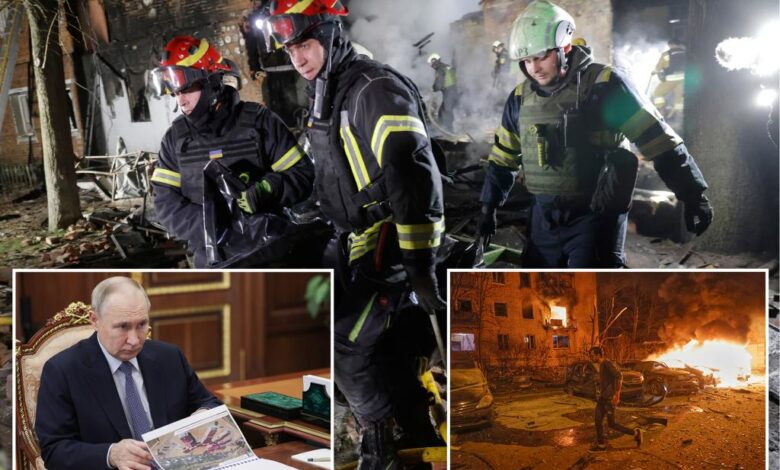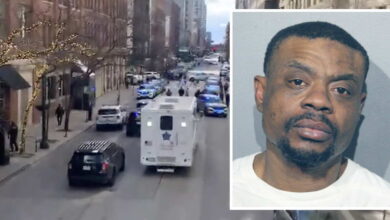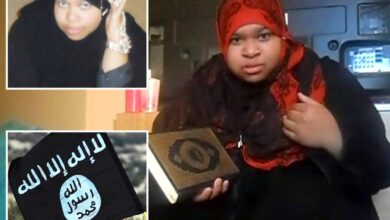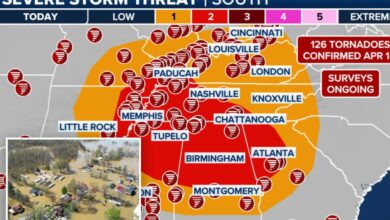Britain and France accuse Russia’s Putin of delaying Ukraine cease-fire efforts

Britain and France have accused Russian President Vladimir Putin of delaying ceasefire talks aimed at ending the invasion of Ukraine, demanding a swift response from Moscow after weeks of U.S. mediation efforts. The recent Russian drone attack in Kharkiv, Ukraine, resulting in the deaths of five civilians, highlighted the urgent need for a ceasefire.
The horrific incident in Kharkiv saw emergency crews retrieving black body bags from a burning apartment building as injured residents, bloodied and in shock, were carried away. The devastating attack underscored the gravity of the situation and the importance of ending the hostilities.
Ukrainian Foreign Minister Andrii Sybiha, speaking at a NATO meeting in Brussels, emphasized the need to pressure Russia into serious peace negotiations following the Kharkiv tragedy. However, Russia has shown reluctance to accept a proposed 30-day ceasefire, with a Kremlin official describing the peace process as a drawn-out affair.
British Foreign Secretary David Lammy, standing alongside his French counterpart Jean-Noel Barrot at NATO headquarters, criticized Putin for dragging his feet and failing to commit to a ceasefire. The two diplomats called for a decisive response from Russia to halt the ongoing conflict.
A Kremlin envoy, Kirill Dmitriev, stated that further discussions would be necessary to resolve outstanding issues, despite positive progress in recent talks. However, he condemned what he perceived as a smear campaign against Russia in the media and by certain politicians.
The relentless Russian attacks on civilian areas in Ukraine have continued, with reports of strikes in multiple regions overnight. As tensions escalate, Russian forces are reportedly gearing up for a major ground offensive to intensify pressure on Ukraine and bolster Moscow’s position in ceasefire negotiations.
In response to the escalating crisis, a multinational effort, known as the “coalition of the willing,” is being organized to potentially police a future peace agreement in Ukraine. The international community, led by Britain and France, is rallying support to aid Ukraine and hold Russia accountable for its actions.
Despite calls for a ceasefire, Russia shows no signs of halting its military campaign, prompting concerns over the escalation of the conflict. The situation remains tense as world leaders grapple with the ongoing crisis and work towards finding a resolution to the conflict.
As the conflict in Ukraine rages on, the international community remains vigilant, closely monitoring the situation and striving to bring an end to the violence. With diplomatic efforts ongoing, the hope for a lasting peace in Ukraine hangs in the balance as the world waits for a decisive response from Russia.





